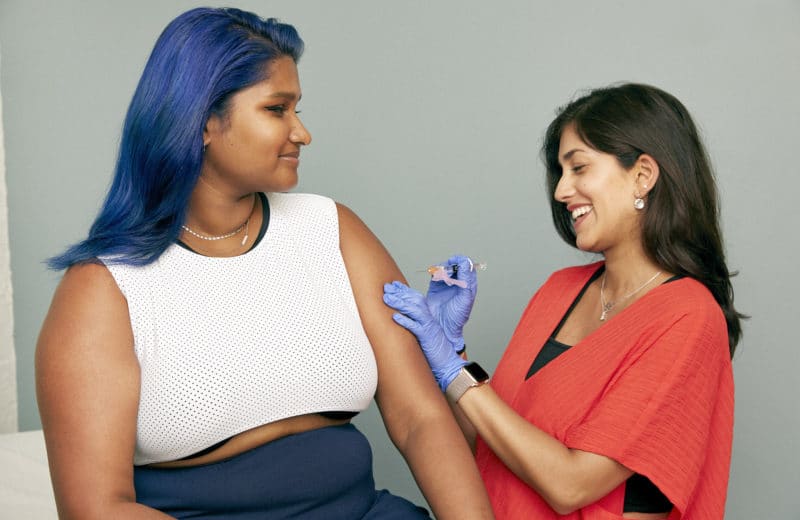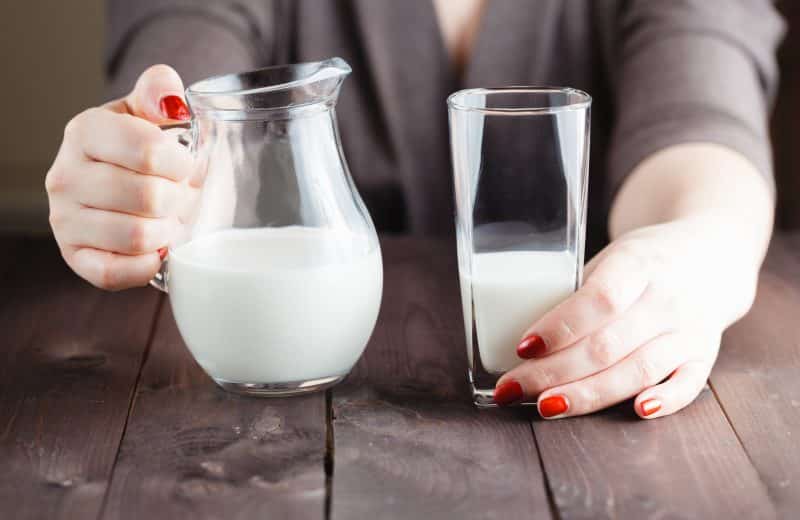Information is essential when discussing alcohol abuse with teens
It’s no secret that today’s teens are bombarded with glamorized messages of alcohol. They see images of bikini-clad women and Abercrombie–ad-worthy men with drinks in hand. Images of friends and family members hoisting a drink fill their Instagram and Snapchat feeds, painting a picture of blissful beer-fueled excursions that are always only a weekend away.
But make no mistake—today’s teens see the dark side of drinking as well. School-run programs reenact deadly prom-night drunk-driving accidents, or tell of stimulant-caused dependency and alcohol-related tragedies. In order to create more awareness of the dangers of alcohol use, April’s Alcohol Awareness Month is devoted to underage drinking.
The question is: Are teens paying attention?
“Teens have the capacity to understand the effects of their actions, but you have to explicitly tell them these things again and again,” says Frances Jensen, MD, author of The Teenage Brain and chair of the Department of Neurology at the University of Pennsylvania Perelman School of Medicine. “It just takes a while to sink in.”
Jensen says parents looking to discuss alcohol with their teens shouldn’t shy away from the dark side of alcohol abuse. “You share real facts with them; you show them statistics; you share stories about people their age, and you always give them the details, even if they make you and your teenager uncomfortable,” she says.
While most teens prefer to receive information in bite-sized chunks through their smartphones and iPads, Jensen says that this news-brief approach to content can help the sobering facts of alcohol abuse take hold in their minds. “This is a data-driven generation that respects information,” she says. “They want the facts, and the facts can speak for themselves.”
Still, the very nature of social media can shape teens’ behaviors in new and frightening ways. “Teens are impulsive, and those impulses are shaped by what they see and what they hear,” Jensen says. “Now add alcohol to those impulsive opportunities, and you can easily have a situation that gets out of control quickly.”
Jensen says alcohol, like other stimulants, builds addiction by appealing to the reward-seeking area of a teenager’s brain. Since teens are in the primary learning stages of their lives, they can form a reliance on alcohol in their formative years. “Teens can learn faster, harder, longer and stronger than adults. They can absorb a lot of things, but not all of these things are good,” Jensen warns. “Since addiction is a learned activity, teens can learn their addiction faster than adults, and they’ll keep their addiction with them throughout their entire lives.”
“You share real facts with them; you show them statistics; you share stories about people their age, and you always give them the details, even if they make you and your teenager uncomfortable”
Teens also can put themselves at risk for permanent brain damage. “Alcohol can bind itself to receptors and, at high concentration, can cause brain-cell loss and damage. [Even l]ow levels in the adolescent can interfere with learning,” she explains. “Teens have more real estate in their brains that can be damaged. What you’re doing in your teen years can impact your adult brain.”
Get involved
Mary Egan, director of outreach at Rosecrance, an organization that treats substance-abuse patients at facilities throughout Chicago and the suburbs, says parents should not hesitate to get involved if they believe their son or daughter is abusing alcohol or any other narcotic. “Parents cannot ignore what’s happening,” Egan says. “They can’t say it’s just a phase their teen is going through.”
Often, that action involves school advisers, medical professionals and addiction counselors. “If a parent learns that his or her child has an issue with alcohol, they have to take immediate action,” Egan strongly advises.
Jensen adds that parents need to know that other mothers and fathers in their community may look the other way if their child drinks or if teen friends drink in their home, thinking it will keep them off the road and out of trouble. “The bottom line is that it’s illegal for anyone under the age of 21 to drink alcohol,” Jensen says. “That really should be enough to keep teens from drinking, but we know that it is not. That’s why it’s important to be an active participant in your teenager’s life. Find out where they’re going, who they’ll be with and whether or not there will be parents around.”
Above all else, Jensen reiterates the sharing of information.
“Teens need to know about the boy [who] was paralyzed because he was driving drunk or the girl who died of alcohol poisoning,” she says. “Those stories speak for themselves.”













